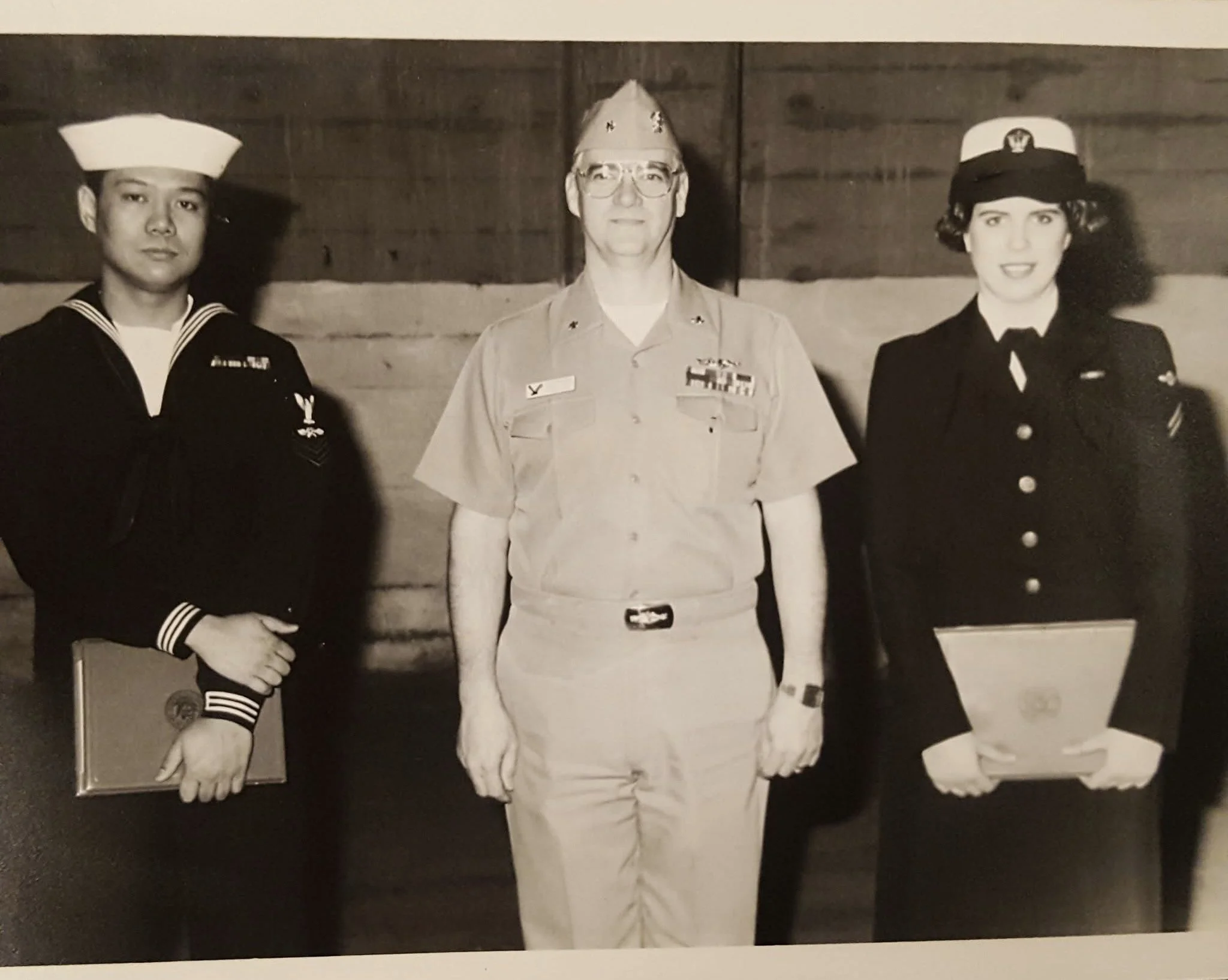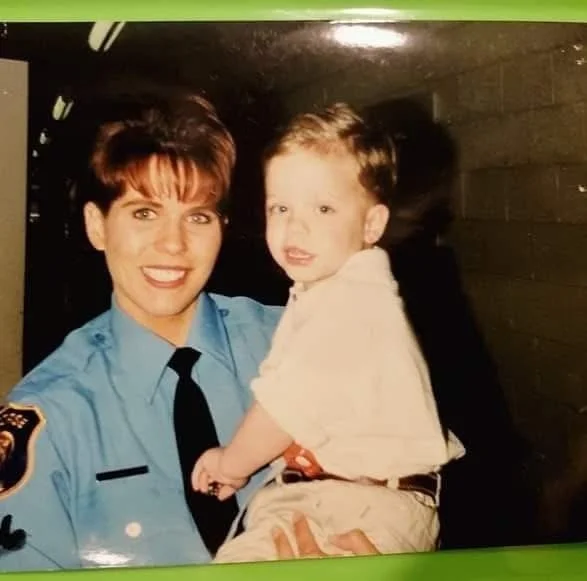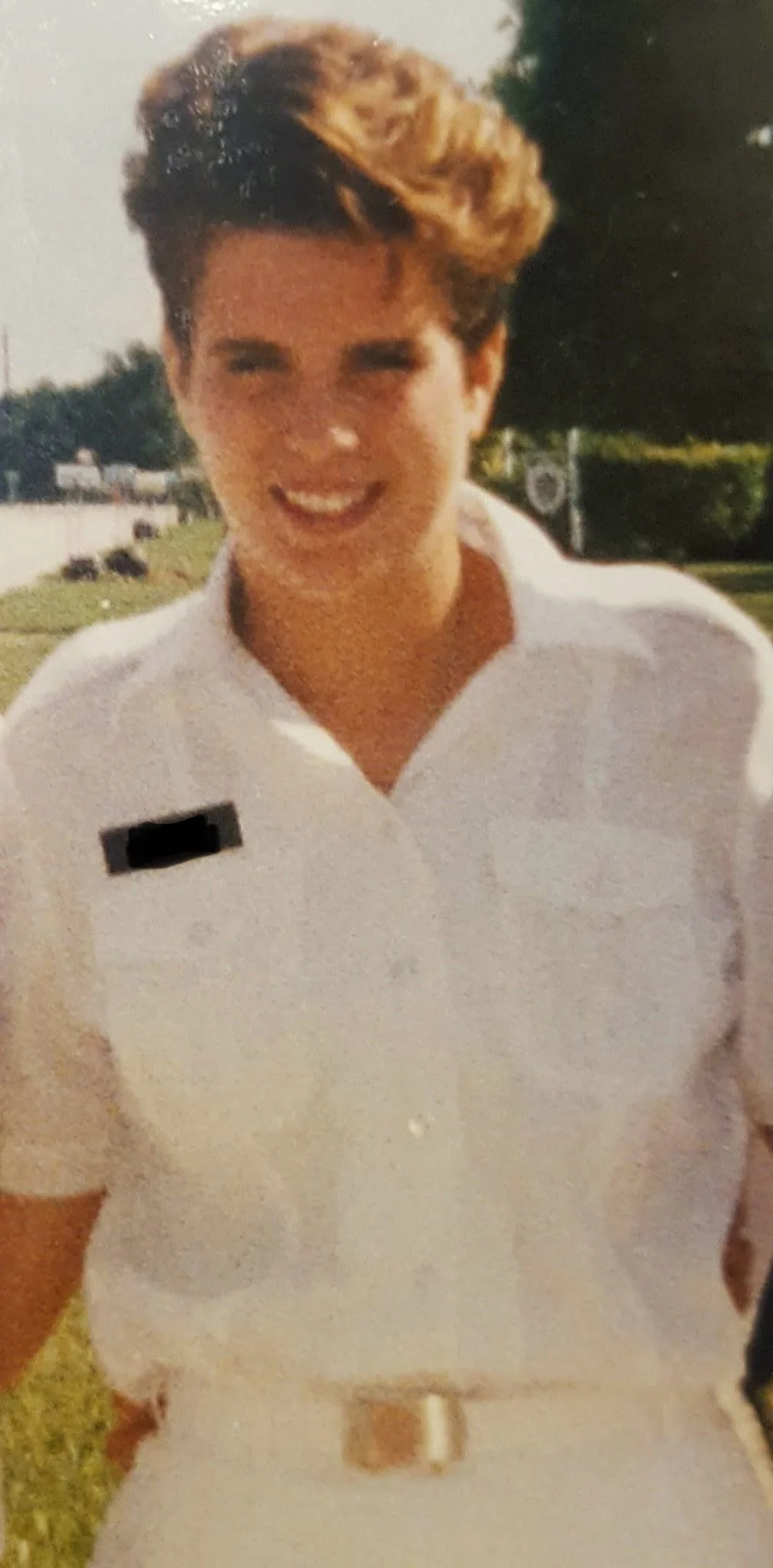Kelly Freel
Ambassador Virginia Veterans Network for the Virginia Department of Veteran Services
Beyond the Article: Hear the full exclusive interview with Kelly Freel, Ambassador of the Virginia Veterans Network for the Virginia Department of Veteran Services. Kelly dedicates her career to supporting Veterans and their families, helping connect them to vital resources and dedicated programs essential for their transition.
The Unvarnished Truth: Veteran Transition Hidden Depths
Expectations, Mindset, Resources, Camaraderie, Loss, Mission

Expectations vs. Reality
Many veterans enter civilian life believing the 'grass is greener,' only to find the transition fraught with unexpected challenges. “You think you’re going to leave something behind and start something new,” Kelly Freel, Ambassador for the Virginia Veterans Network within the Virginia Department of Veteran Services, explains. “But it follows you. It’s part of who you are”.
The reality of separating from the military is that it often involves a jarring shift in identity, prompting serious questions about career, family, and sense of belonging. These issues can arise before or long after separation. “No matter what you do in the military, no matter how amazing or how cool your job is, going into civilian life is scary for everybody. I’ve talked to Navy SEALS, to EOD, all of the guys who do some of the toughest things out there, and they have had transition issues as well”.
For some Veterans, it can also bring on challenges with mental health that may not manifest for years after separation. Anxiety, depression, and post-traumatic stress (PTS) are challenges service members may unknowingly mask with alcohol or other substances.
Service members can set the expectation that they might have to work through mental health challenges. “If you know what you need prior to getting out, you know that you’re going to have these challenges when you’re getting out, it’s going to help you with your expectations".
Mindset: The Foundation of Resilience
As an advocate for Veterans’ mental health, Kelly advises Veterans to manage their expectations, understanding that uncertainty is normal. The military instills a mindset of perseverance and commitment, qualities that Kelly found invaluable as she transitioned to civilian roles. “I like to do everything at 110%,” she says, crediting her military background for this drive. However, she also emphasizes the importance of self-awareness and seeking help when needed.
Veterans may find it challenging to discuss personal issues when comparing their own struggles to those of others. They may feel that their personal issues are minor compared to those of others or to the difficulties they faced during their service. This can lead to Veterans consciously or unconsciously suppressing their feelings instead of confronting them directly. “This is normal, what you are feeling is normal. You are going to need to unpack it,” Kelly says. Talk therapy, she notes, was essential in helping her process stress and develop coping skills, enabling her to face post-military life with clarity and purpose.
Camaraderie: The Power of Connection
Transition often brings a profound sense of loss of structure, identity, and comrades. Kelly likens this to a grieving process, noting that the sadness can be unexpected and overwhelming. The bonds formed in the military are unlike any other, and their absence in civilian life can be deeply felt. She encourages veterans to acknowledge these feelings and seek support, emphasizing that loss is a universal part of the transition experience.
Kelly stresses the importance of staying connected, whether through veteran organizations, online groups like Disgruntled Vets, or local chapters of the VFW or American Legion. She also recommends joining veteran organizations and finding a "buddy system" to avoid isolation. “You can lose yourself when you get out of the military,” she warns, urging veterans to seek out their “people” and avoid isolation. Even having a pet can provide a therapeutic emotional connection, responsibility, and combat loneliness. Kelly recommends Veterans reach out to Mutts with a Mission, a non-profit organization that trains Service Dogs for disabled Veterans, First Responders, and Law Enforcement at no cost to the recipients.
Mission: A New Chapter of Service
Kelly’s final word, “mission,” encapsulates the transformative nature of veteran transition. “Your mission isn’t over,” she says. “You just have a new mission now”. Veterans should view their post-service life as an opportunity for growth and continued leadership. Kelly emphasizes that veterans become "hybrids," combining valuable military skills like being methodical, organized, researched, and resourceful with new civilian expertise.
“We’re not just military anymore. We’re adding on to what we already are”. By reframing transition as transformation, veterans can find renewed purpose and pride in their evolving roles.
By managing expectations, cultivating resilience, leveraging resources, maintaining connections, acknowledging loss, and embracing new missions, veterans can navigate this journey with confidence and hope. For those in need of support, especially with addiction or mental health, Kelly urges them to get help without shame, use available resources, and find their community.
Resources: Tools for Success
AI
Access to resources is crucial for a smooth transition, as different situations may require different tools. Military members sometimes struggle with 'corporate speak,' finding that their direct communication style can seem unprofessional. Kelly points out that this is a perfect opportunity to incorporate AI to help translate thoughts and feelings into corporate lingo. “I can type in what I really want to say in Chat GPT and say, 'say it in a heartfelt and professional way ' or say it in a kind way ' and it [Chat GPT] will turn it over and say exactly what I want to say, but the right way”.
Addiction
Many Veterans may find that they develop some alcohol dependency issues while in the military. For veterans dealing with addiction, Kelly recommends a variety of specialized resources:
VA Hospitals: Veterans should visit their nearest VA hospital to find out what resources, including sobriety programs, they offer locally, as services vary by location.
Avalon Action Alliance: This organization helps with co-occurring substance abuse, post-traumatic stress (PTS), traumatic brain injury (TBI), and may help connect veterans to local VA offices and arrange transportation for eligible veterans. Avalon also assists with sobriety and TBI clinics.
Warrior Hearts: This organization has programs for sobriety and mental health in both Texas and Virginia. They offer a minimum 42-day inpatient program for veterans, active military, and first responders.
Recovery for Life (Virginia Beach): This organization has veteran outreach, offers sobriety and mental health support, and provides housing.
Kelly stresses the importance of seeking help voluntarily before a legal incident or other issue, especially for those with a security clearance, as legal protections exist for those who seek help on their own. The first step in the personal journey to sobriety is making the voluntary decision to get help. Veterans struggling with addiction should also consider changing their social circle and seeking a peer coach or attending a 12-step meeting.
Community
Kelly also highlights that several tools are available to Veterans that can help them in their community:
MyVetBenefits app offers veterans limited-time access to LinkedIn Premium for job search and networking support.
VetJobs.com is another community resource that assists veterans in finding mentors and identifying transferable military skills.
Veterans of Foreign Wars (VFW) outposts can also serve as a hub for resources, hosting job fairs and educational events, such as scholarship programs for family members.
Vet Tix provides free or discounted tickets for veterans and their families to recreational activities like sporting events and concerts.






